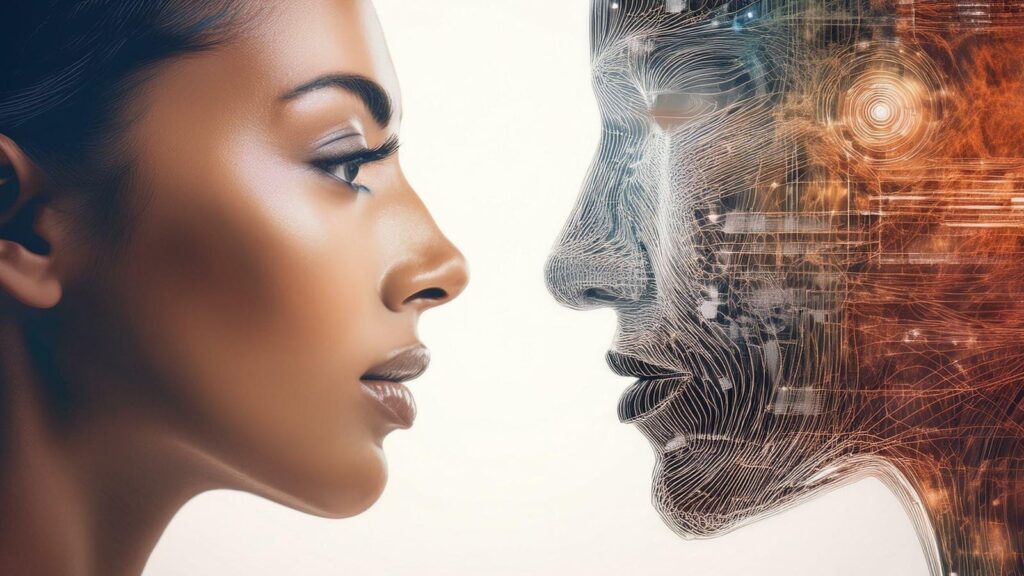While artificial intelligence continues to transform industries and automate tasks, the fundamental … [+]
The first time a computer beat a human chess champion, doomsayers proclaimed it was the beginning of the end. That was nearly three decades ago, and contrary to those dire predictions, humans haven’t become obsolete – we’ve thrived. Today, as artificial intelligence permeates every corner of our lives, we’re hearing the same concerns. But here’s what many are missing about the AI revolution: it’s not a zero-sum game between humans and machines.
Why Humans Will Always Have The Upper Hand
The human brain remains one of the most sophisticated and efficient information-processing systems in existence. While AI can process vast amounts of data and identify patterns, it lacks the nuanced understanding that comes naturally to humans. Our ability to read between the lines, understand context, and make intuitive leaps based on limited information is something AI systems can’t replicate despite their impressive computational power.
The Emotional Intelligence Factor
AI can analyze sentiment and recognize facial expressions, but it cannot truly understand or experience emotions. This limitation is crucial because emotional intelligence drives many of the most important decisions in business and life. Whether it’s negotiating a complex deal, managing a team through a crisis, or developing products that resonate with consumers on a deeper level, human emotional intelligence remains irreplaceable.
Creating The Impossible
The most remarkable human characteristic is our ability to imagine things that have never existed and bring them into reality. While AI can generate variations based on existing patterns, it cannot conceive truly novel ideas or understand their deeper significance. Innovation requires not just creativity, but also understanding human needs, desires, and the subtle nuances of society – qualities that remain uniquely human.
The Human-AI Partnership Advantage
Instead of replacing humans, AI is becoming our most powerful tool for augmentation. Think of it as having a brilliant assistant who can handle routine tasks, process information quickly, and provide valuable insights – but one who ultimately needs human wisdom to guide its application. This partnership allows us to focus on what we do best: strategic thinking, relationship building, and creative problem-solving.
Where Judgment Really Matters
Consider the complexity of ethical decision-making in healthcare, law, or business. While AI can provide data-driven insights, it cannot weigh moral implications or make value-based judgments. These decisions require an understanding of human values, societal norms, and the ability to balance competing interests – capabilities that remain firmly in the human domain.
The Future We’re Actually Creating
The real transformation happening isn’t about replacement – it’s about elevation. As AI takes over routine and repetitive tasks, humans are free to focus on higher-value activities that require uniquely human capabilities. This shift is creating new roles and opportunities that we couldn’t have imagined a decade ago, proving that technological advancement doesn’t eliminate human work – it evolves it.
In this new era, success belongs to those who understand how to leverage both human and artificial intelligence. The key isn’t to compete with AI but to develop the distinctly human skills that complement it. As we continue to advance technologically, our humanity – our ability to connect, create, and care – becomes more valuable, not less.
Looking To Tomorrow
The future workplace won’t be dominated by AI or humans alone – it will be shaped by those who master the art of combining both. By embracing AI as a tool for enhancement rather than replacement, we can create a future that amplifies human potential rather than diminishes it. After all, the most powerful force isn’t artificial intelligence or human intelligence alone – it’s intelligence augmented by technology and guided by human wisdom.



